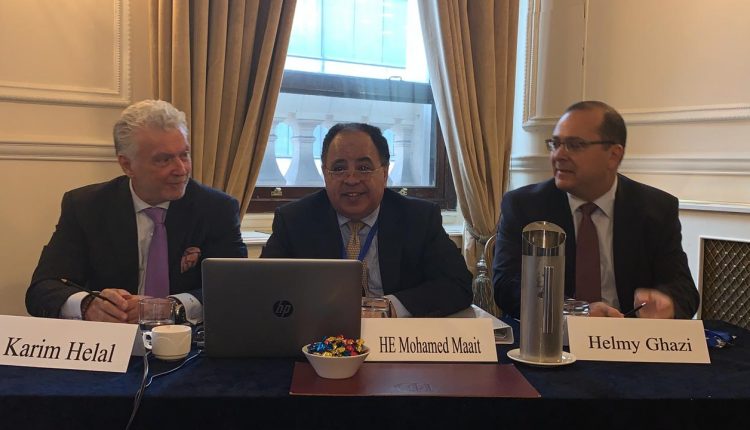Egypt’s structural reforms to stimulate private-sector led growth: minister
Egypt is implementing a stream of structural reforms designed to enable private-sector led growth, its finance minister Mohamed Maait said on Friday.
They are part of the second phase of a reform programme embarked in 2016 and backed by the International Monetary Fund. Egypt has undergone tough economic reforms tied to a three-year, $12 billion loan program with the International Monetary Fund agreed in late 2016, which has been disbursed in full. The reforms included devaluing the currency by about half, cutting energy subsidies and introducing a value-added tax.
Egypt has completed fiscal and monitoring reforms under the IMF deal and is implementing structural reforms, Maait said during an event held in London on the sidelines of the British Egyptian Business Association’s (BEBA) door-knock mission to the UK.
The government is keen on continuing its reforms in order to provide a generous welfare system for the citizens and allure more foreign investment, he added.
The main objective of these structural reforms is to encourage private sector development in the country, the minister said.
These reforms include for instance a more focus on manufacturing and export activities, the application of a simplified tax system for the small and medium-sized enterprises, and the automation of government services, he further explained.
Egypt is targeting gross domestic product growth of 6 percent in the current financial year ending June 2020, and 7 percent in the 2021/2022 year, Maait said.


